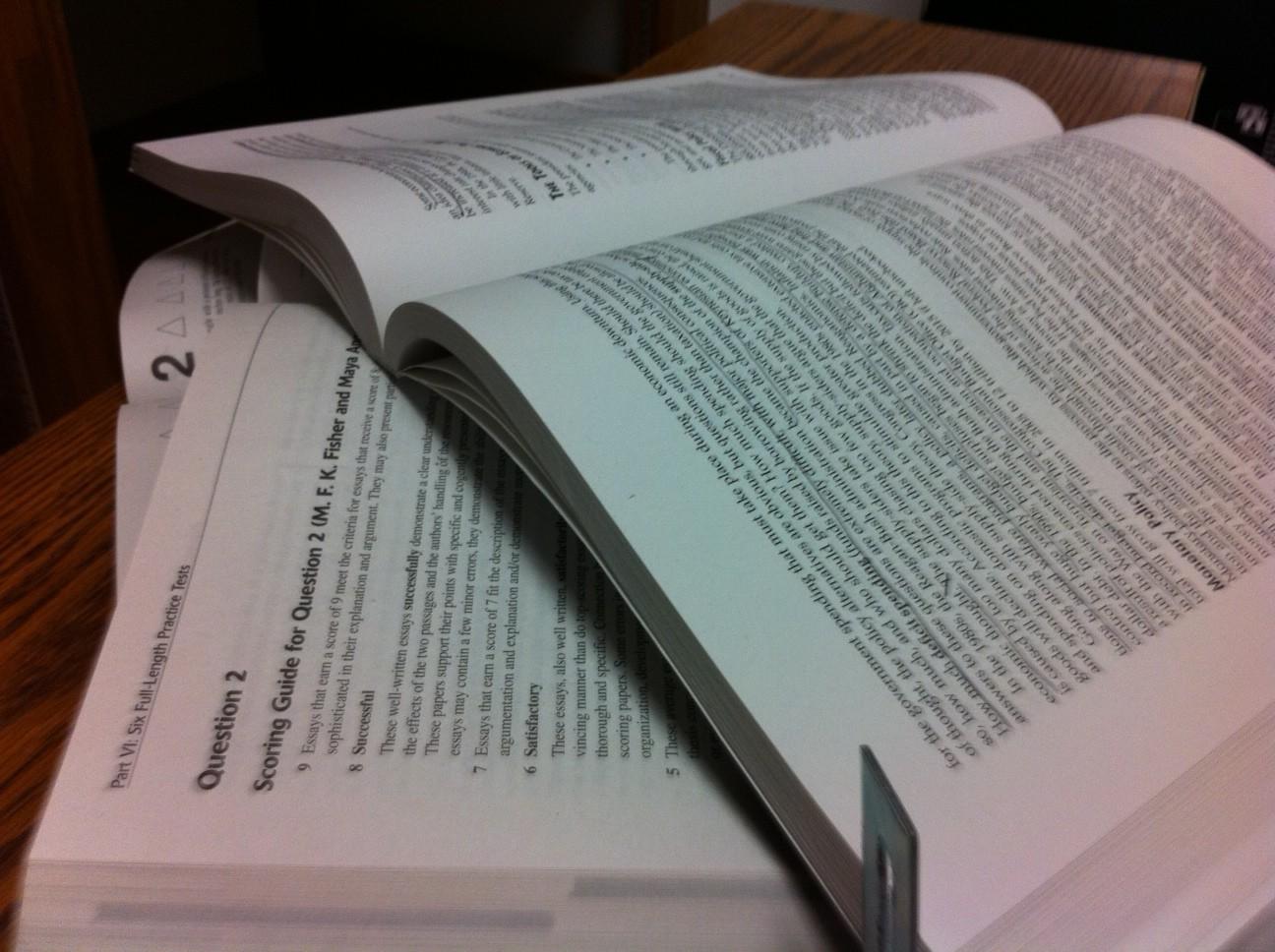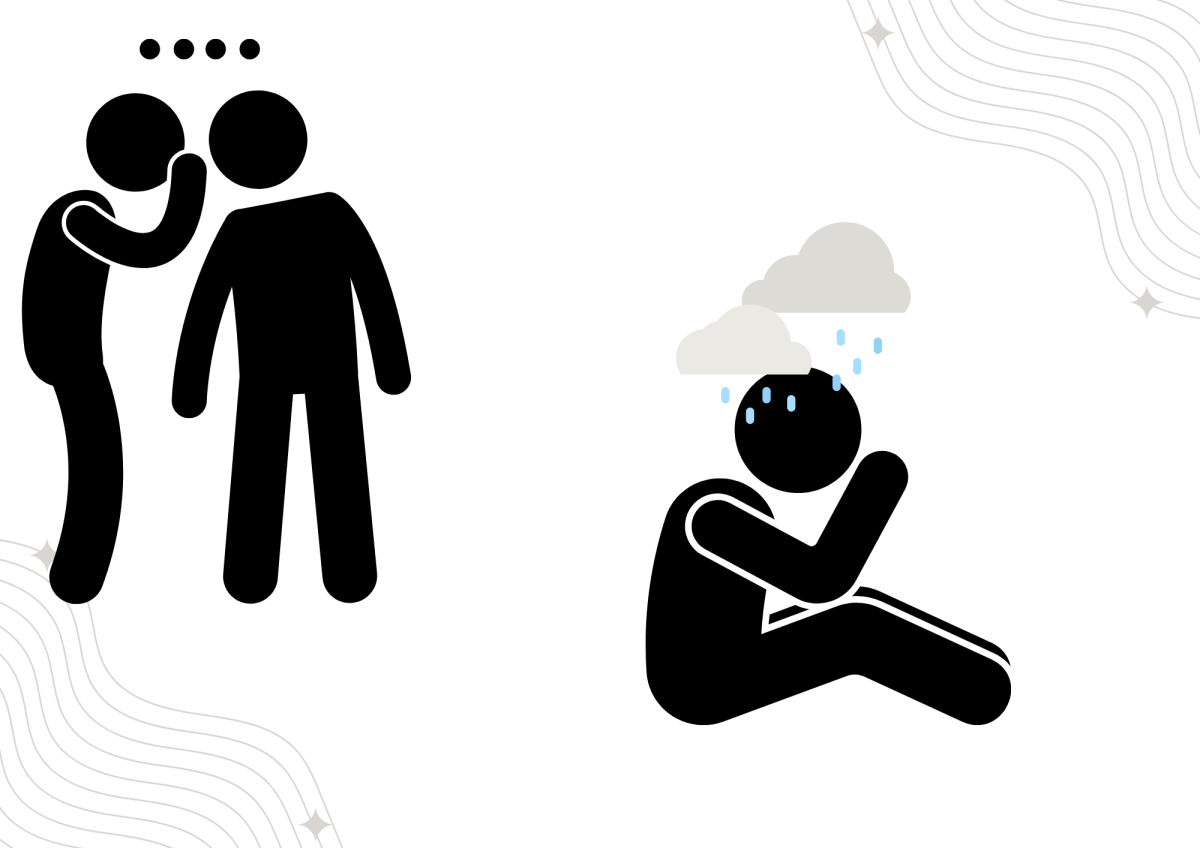Tense. Overwhelmed. Irritated.
According to helpguide.org, these are some of the effects stress can have on high school students.

For junior Julia Calandro, her stress has increased since school started, and she is learning to cope with it all.
“I stress about homework and getting it all done on time,” Calandro said. “I also have a busy schedule this year, so it makes it even worse.”
Because of her five honors classes and playing tennis, her time is seriously limited.
“I can have up to five hours of homework a night and it can be overwhelming,” she said.
When Calandro stresses out, she can become very tired and irritable.
According to helpguide.org, Psychologist Connie Lillas stated that this is the body’s first response to stress.
“I call this response, ‘foot on the gas,’ because we respond in an angry or agitated manner,” Lillas said.
More severe cases of chronic stress disorder can lead to a lot more serious effects.
“It is linked to heart disease, cancer, lung disease, accidents, and in drastic cases, even suicide,” healthline.com reported.
To stay healthy and avoid these symptoms, Calandro does her best do reduce stress.
“I try to get a good night’s sleep,” Calandro said. “If I don’t, it causes my stress to increase even more.”

Because of the vicious cycle of stress causing lack of sleep, and lack of sleep causing more stress, sleeping enough each night is very important.
“Seven to eight hours of sleep is needed for the body to function properly,” healthline.com reported.
Freshman Kristen Hemmersmeier has her own fair share of stress with four honors classes and with playing both soccer and basketball.
“Being stressed out causes me to become extremely tired, and I tend to get easily frustrated with the little things in life,” Hemmersmeier said. “I also become very negative and have trouble looking on the bright side.”
Hemmersmeier’s time consuming schedule of three to four soccer practices a week, basketball practice once a week, and basketball open gyms and conditoning, is not even her main source of stress.
“Most of my stress comes from school related things,” Hemmersmeier said, “and if I haven’t been practicing or playing as well as I can in my sports, then I get stressed to work harder.”
Healthline.com said that exercise is exceedingly benificial to reducing stress.
“It gets your blood moving and releases endorphins that can improve your mood almost instantaneously.”
Junior Cynthia Zhang’s stress, mainly comes from her perfectionism, and meeting the high standards she sets for herself. This includes the seven A.P. classes she is currently enrolled.
“I’m always get a little stressed I won’t reach those standards, especially when getting getting back tests and assignments,” Zhang said.
Unlike most students, homework is something that doesn’t cause Zhang much stress, and she can deal with it most of the time.
“I do it in class. I do it right when I get back home, and I try not to leave it to the last minute,” she said.
For Zhang, stress is feeling extraordinarily nervous for tests and essays.
“Feeling stressed may perhaps help me perform better on tests and essays,” she said.
Helpguide.org stated that small doses of stress that motivates one to do their best are actually a good kind of stress, and can help to achieve one’s goals.
To reduce stress, Zhang tries to plan things out in advance, and do homework as soon as possible. An interesting way she also reduces stress is to make studying as ‘fun’ as possible.

“For example, this weekend, I’m holding a sleepover so that my friends and I can edit our movie project for English. We’ll be working some of the time, yes, but we will also be having fun,” Zhang said.
This way reaching her high standards makes it that much more enjoyable, and in return reduces stress that she may have caused herself if she didn’t meet that goal.
“I try to tell myself that it’s not all bad whether I get a bad grade or not,” Zhang said, “as things will all work out in the end.”
Written By: Kayla Calandro



































